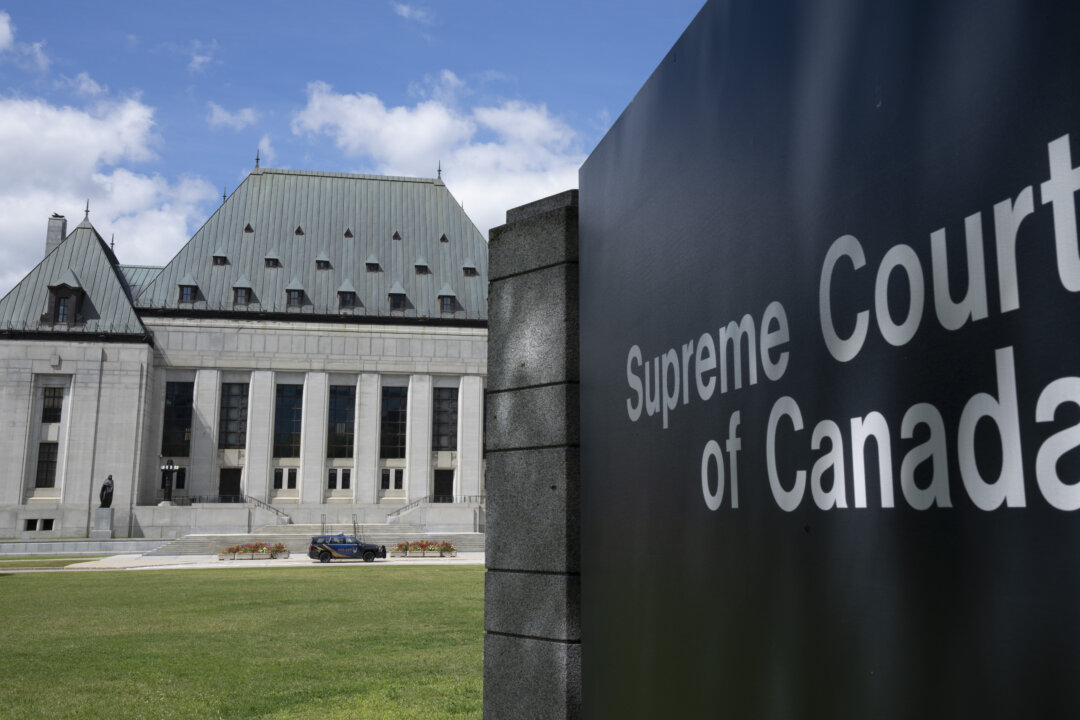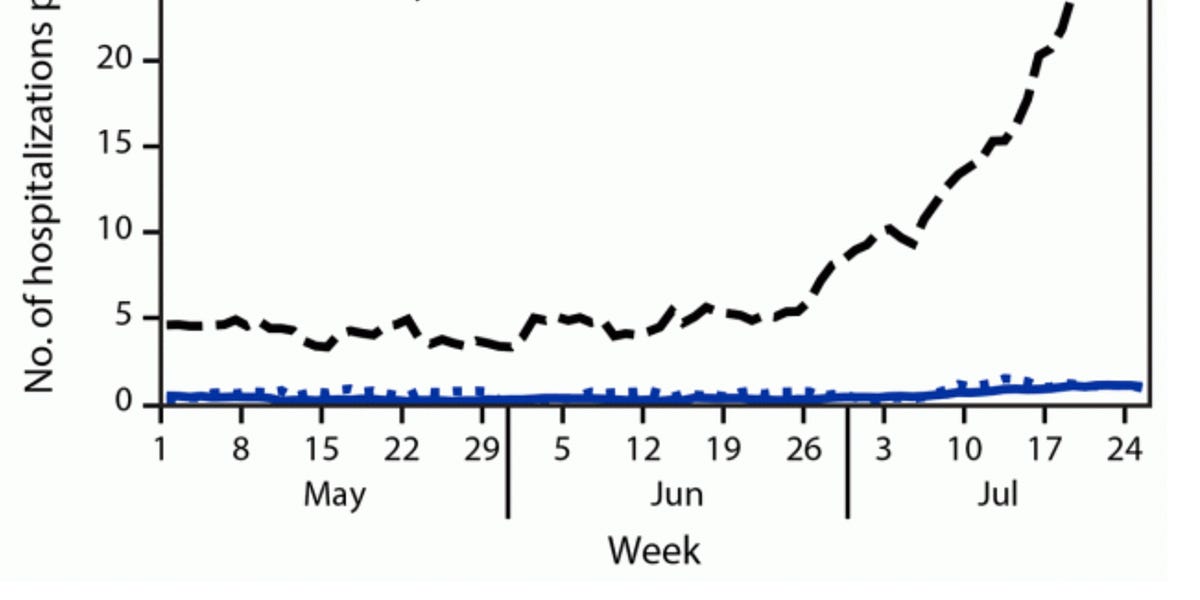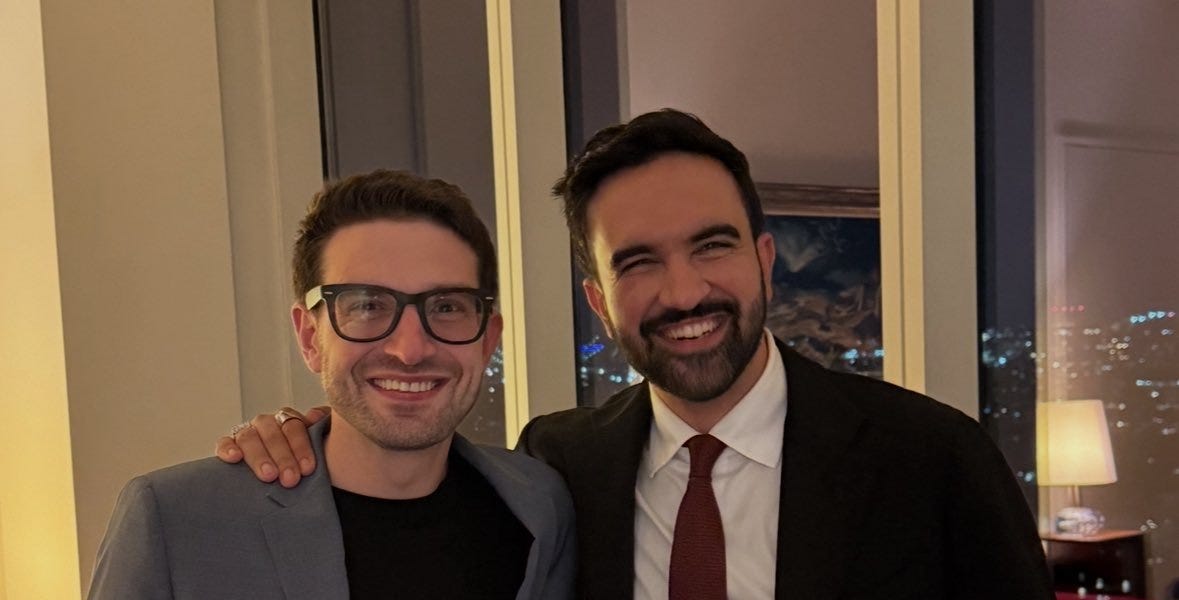
The Epoch Times - Viewpoints, Opinion
Bruce Pardy: Notwithstanding the Charter, Neither Legislatures nor Courts Protect Individual Liberties in Canada
In September, the federal government urged the Supreme Court of Canada to protect rights by limiting the use of the Charter’s “notwithstanding clause.” Two days later, it introduced Bill C-9, the “Combatting Hate Act,” which will infringe upon free speech. The bill does not invoke the notwithstanding clause. It does not need to. The Supreme Court has already done the dirty work by declaring, years ago, that prohibiting “hate speech” is constitutional.
In Canada, who protects individual liberties? Not legislatures. Not courts.
The notwithstanding clause is Section 33 of the Charter. It allows provincial legislatures and Parliament to pass laws that might infringe the rights in Sections 2 and 7 to 15. Invoking the clause prevents courts from striking down the statute as unconstitutional. Activists have long sought to discredit and delegitimize the clause. The battle is not about whether Canadians will have their freedoms respected, but who gets the last word on how and when they will be put aside.
The notwithstanding clause is a remnant of a historic power struggle. Kings once ruled England with absolute power. In a long and difficult process starting, perhaps, with the Magna Carta in 1215, power was taken from the king and given to legislatures. “Legislative supremacy” became the foundation of British constitutional democracy. But power was not neutered. It was merely transferred to a different set of hands. Over time, legislatures showed that they could be tyrants, too. Democracy, reads a quote sometimes incorrectly attributed to Benjamin Franklin, is two wolves and a sheep deciding what to have for dinner.
In 1791, the newly independent Americans entrenched a bill of rights that carved out areas of individual autonomy where legislatures could not intrude. Almost 200 years later, the Charter did similarly.
But constitutions are written in words, and courts have the authority to determine what the words mean. The Charter guarantees “freedom of expression” but doesn’t specify what the right consists of. That’s up to the court. Moreover, the Charter also includes Section 1, which makes rights subject to “reasonable limits,” again a question that the courts control. Precedent, logic, and the principles of statutory interpretation are supposed to limit their powers, but these restraints are more apparent than real. As the highest court in the land, the Supreme Court of Canada can come to any answer it wishes. Legislatures cannot appeal or overturn their decisions. If the Charter was honest, it would read: “Everyone has the fundamental freedoms that courts decide, from time to time, that they should have.”
Courts oversee state action, yet are part of the state. Notwithstanding rights, the state is still supreme.
Critics allege that use of the notwithstanding clause undermines the Charter, but over time the Supreme Court has done that all by itself. Since its enactment over 40 years ago, the court has been gradually transforming the Charter from a roster of individual freedoms to a blueprint for progressive values and collective rights.
The notwithstanding clause is part of the Charter of Rights and Freedoms and part of the political deal that was made in 1982 to bring the Charter into being. It’s a vestige of legislative supremacy, deliberately preserved, and legislatures’ last resort to have the final say. But for Canadian intelligentsia—legal academics, progressive lawyers, technocrats, mainstream journalists, and social activists—judicial supremacy is the natural order of things. Legislatures represent the unwashed masses while courts exist to put things right, bring wisdom to social problems, and achieve equity—even if that’s not what the Charter says. In Canada, courts do not stay in their lane.
Imagine you are a premier of a province. You believe in individual liberty above all else. You believe that government should be small, limited, and restrained. In Canada, you’re a unicorn. Here’s what you should do.
First, invoke the notwithstanding clause in every bill your government passes. The Supreme Court aspires to make the country into a progressive paradise. Your government has a constitutional tool to resist. Why would you acquiesce?
Second, pass a provincial bill of rights as an alternative to the Charter. It will consist of individual freedoms or “negative rights” to be left alone. Its definition of rights will be precise and extensive, not vague and open-ended as in the Charter. Your bill of rights will have no “reasonable limits” clause. It must also invoke the Charter’s notwithstanding clause. It shall operate notwithstanding Sections 2 and 7 to 15 of the Charter.
Like any enactment, your bill will be subject to judicial interpretation. But because its rights are more precisely defined, courts will have less room to impose their own preferences. Moreover, your bill of rights is amended as easily as it was passed. That’s an advantage but also its Achilles’ heel. If courts give it a meaning that you did not intend, you can correct it—at least, for as long as you’re in power. But after that, its fate lies in the hands of the next government.
The danger in our system of government is not legislative supremacy or judicial supremacy, but supremacy itself. Unreviewable and unappealable power rests somewhere. Whoever has it can be expected to abuse it. We have not yet invented an alternative.
The dispute over the notwithstanding clause reflects two bad choices—be ruled by courts or by legislatures. The Charter provides the first. The notwithstanding clause provides the second. In theory, there might be a third choice. But not under the Canadian Constitution.
Bruce Pardy is senior fellow with the Fraser Institute, executive director of Rights Probe, and professor of law at Queen’s University.
Misclassification of individuals as “unvaccinated” using antibody jargon to mislead the public
If you got 1 dose, you're injected [vaccinated] - a truer representation of MMWR data
https://jessicar.substack.com/p/misclassification-of-individuals
Mamdani is certainly bad for NYC, but big picture, he might be the best thing possible for Trump/MAGA.
Why? Mamdani is going to give Trump the necessary optics to justify going into NYC and other cities with NG/ICE.
Mamdani personifies the most radical elements of the Left. He is essentially a walking proof that Trump is right about the Democrats and their party’s trajectory.
Mamdani is going to be a walking red-pill machine. He is going to give Trump all the headlines and talking points to justify Trump’s ultimate goal, which is deploying NG/ICE, deporting the illegals, passing voter ID, arresting the treasonous coup-plotters, and saving the Republic.
Mamdani is a gift to Trump and MAGA.
https://bioclandestine.substack.com/p/mamdani-is-a-gift-to-trump-and-maga
Is criticism of Israel antisemitism. A difficult topic to unpack? Is Gaza a programming event as we all go into smart cities? Should (violent) geopolitical events ever remain critic free?
Nov 05, 2025 (42 minute audio podcast)
Can you love the Jewish people and be repulsed by the bombing of Gaza?
If a new leader replaces Bibi that takes a different tack - which is the antisemitism, agreeing with the first geopolitical object or the next object?
Is bibi flawed and possibly wrong ever or is he Jesus?
Has war ever been something other than depopulation?
Is it a supremacy philosophy to prefer one global citizen over the other global citizens?
Are the only places with borders in the globalist March to 2030 all going to war? Is that a possible coincidence?
As a survivor of Trudeau authority and division you can't disagree with, I ask does it make sense for Israelis themselves to set up a government power they cannot criticize. What do they lose?
Is anti- anything just another way to hide an...

















